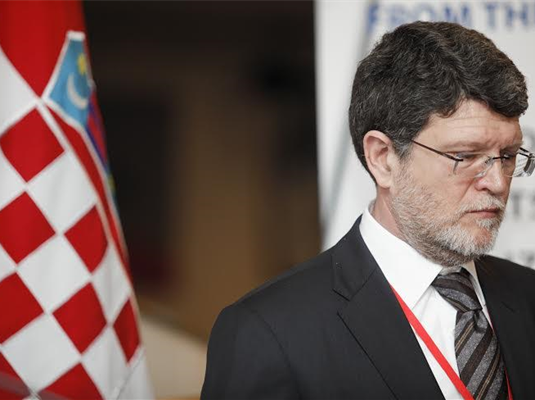The current position of Croatia on the global, European and regional scene is a result of reactive but not proactive foreign policy in recent years. Membership in the EU is without a doubt historically important event for Croatia, after an extremely traumatic experiences since the beginning of independence. Nevertheless, after almost five years of entering the EU, it appears that the temptation of negotiations has continued to challenge EU membership consumption, which needs a serious consolidation itself.
Today, the entire European project is going through most serious review since its foundation. It has been seventy years since the signing of Rome Treaties, and the EU then started expanding into the Old Continent today is under the synchronized pressure of its outbound borders (the war in Ukraine and tense relations with Russia, the emergence of an authoritarian regime in Turkey, The Middle East and North Africa where the wars destroyed whole countries), as well as the pressure of unrealistically aligned members, the rise of populist europhobia and departure of the United Kingdom after the referendum.
Croatia's foreign policy, as well as politics at all, should focus their resources on new focuses in changed geopolitical circumstances. In the period when security becomes a priority for most European citizens, country with the longest external border of the EU must actively engage in current discussions on establishment of new integrated border control mechanisms as well as the activation of parts of the Lisbon Treaty that refer members to "Permanent Structured Cooperation" defense area (PESCO). It is especially important for more efficient policies to use more favorable circumstances to qualify Croatia for entering Schengen area, before this mandate of European institutions ends. While Croatian economy crucially depends on tourism, Schengen membership is of great significance for the unhindered arrival of guests from the most frequented broadcasting space - the EU. I want to point out that only a proactive foreign policy can eliminate the danger that Croatia is placed in a new group of Member States, in which new solutions will be imposed on them. In order to stay on the "right side of history", Croatia should not be among the members who question the fundamental democratic values on which European project is based, with their domestic politics.
You can read the whole article on the link.


